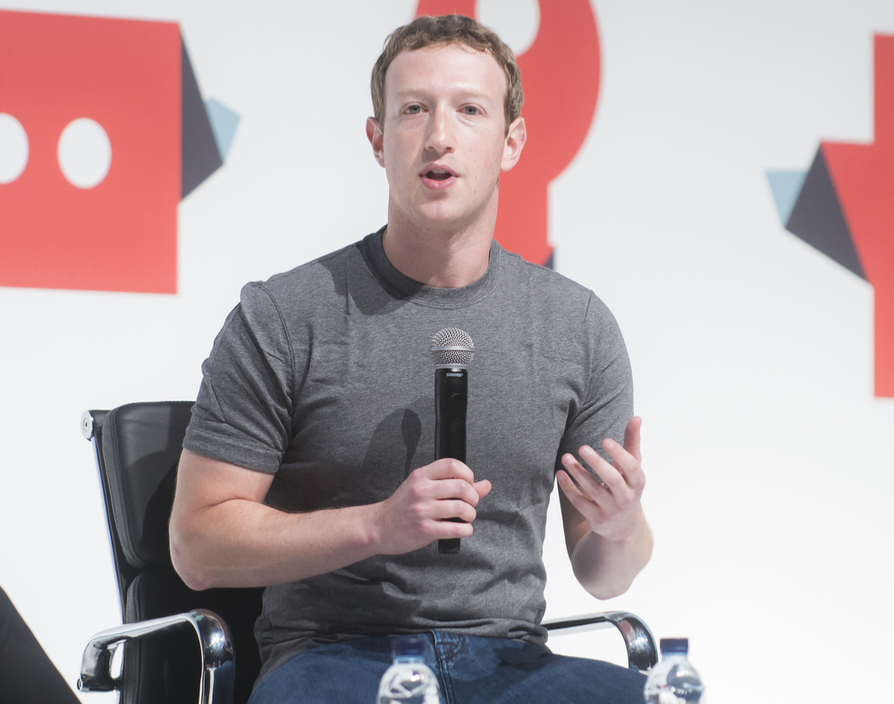There’s been a rapid evolution in how we approach our careers. The shifting priorities of the millennial generation has seen the prioritisation of purpose and fulfilment when it comes to jobs, rather than the previously cherished career pillars of stability and security. This culture shift has had a huge, well-documented impact on our jobs market; from the rise of the gig economy to the popularity of portfolio careers. But it’s also seen a huge wave of interest in the concept of entrepreneurship.
Recent surveys show that ‘owning a business’ or ‘working in a startup’ are the ambitions of a huge percentage of students. The desire to create, disrupt and hustle is powerful amongst Britain’s younger demographics. Whilst this entrepreneurial zeal is laudable (and is leading to a huge amount of exciting innovation in the UK tech scene), most of these aspiring Mark Zuckerbergs are making one common error.
When they dream about startup life or the business they’ll be running some day, most make the fundamental error of believing that their business will, nay must, be ‘cool’. Of course, the concept of coolness is subjective. But typically, budding business owners are imagining themselves writing whizzy gaming programs and grappling with VR, or perhaps running a cutting-edge lifestyle brand or even rubbing shoulders with the Elon Musks of the world at a space-tech convention.
They could be making a massive mistake.
Truly exceptional disruption and businesses that make serious money are often those which deal with subjects that are trickier and less conventional. Startups that solve real-life problems or answer next-generation questions are those which fly. WeWork is in the traditionally very dry business of office space provision. LinkedIn a modern take on the rolodex.
Focusing on a cool B2C idea with the flashiest tech solution you’ve ever seen but no-one needs? The chances of success are an awful lot slimmer.
Granted, some of the wildly successful companies to emerge in recent years have been steeped in cool points as well as being truly innovative. But this zeitgeist credibility often comes off the back of the company’s success, rather than acting as a precursor to it.
Indeed, those quietly offering a service which people need (and crucially, will pay for) are a wiser bet. Our startup Cazana leverages data around used car sales to help businesses and consumers make more informed decisions. We know we don’t have the ‘cool factor’ of Facebook but we do enjoy a fast-growing customer base, backed up by cutting-edge tech, which has customers return to again and again – something we think is pretty cool. Similarly, offerings which have automated mundane financial tasks, such as Xero, or those which have shaken up traditional banking sectors, such as Monzo, are flying.
The main error aspiring CEOs make is equating a stereotype about a certain sector with what their experience working in that field might be. The most exciting innovations are coming out of more ‘traditional’ sectors right now. There is huge scope to transform the ideas and practices associated with long-standing industries; they are primed for disruption and entrepreneurial opportunities exist for those savvy enough to grab them.
When you set your sights on entrepreneurial domination, don’t prioritise a cool concept over a genuinely viable business idea. Whilst some industries don’t have as much street cred as others, going for style over substance could be your downfall. ![]()
Share via:


















































